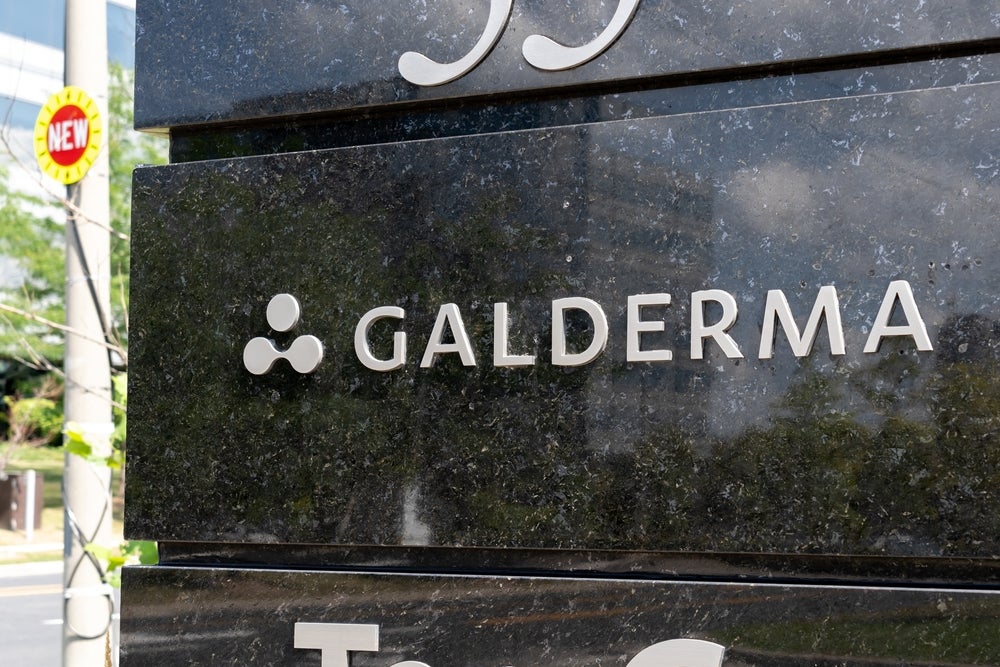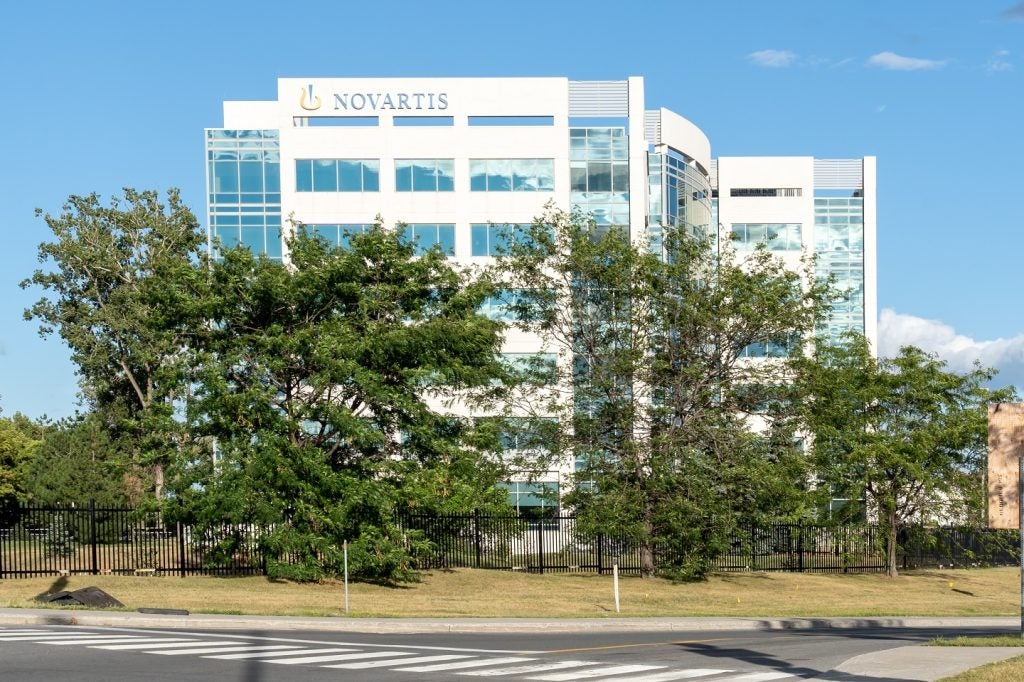SmartCella has secured exclusive rights to advance research into cell replacement therapies for the treatment of Parkinson's disease (PD).
The agreement with Karolinska Institutet's Department of Cell and Molecular Biology professor Johan Ericson could propel the research into clinical development and commercialisation.
SmartCella CEO Niklas Prager stated: "The agreement with Johan Ericson is an important addition to our project pipeline within regenerative medicine. Johan’s research around dopamine-producing neurons shows a clear improvement compared to existing methods.
“By combining Johan’s protocol, which has better results and efficacy, with our GMP [good manufacturing practice] manufacturing and process development capabilities we will have an advantage in bridging the gap between labs and clinics.”
Along with Dr Zjanna Alekseenko of the Karolinska Institutet, Ericson developed a new pluripotent stem cell-based technology that significantly enhances the yield of therapeutic mesencephalic dopamine (mDA) neurons post-transplantation.
The technology also minimises the presence of undesired and potentially harmful cells, leading to transplants enriched for mDA neurons.
These neurons exhibit the hallmark characteristics of gold-standard endogenous neurons.
Preclinical transplantation studies revealed that grafted cell preparations showed therapeutic performance, indicating a best-in-class potential for the cell product.
Ericson stated: “The pre-clinical results we have so far are truly encouraging and we are confident that our translational approach holds great promise for the establishment of a competitive and therapeutically high-effective cell product to treat Parkinson's disease in the future.
“We have also adapted the cell manufacturing process into a scaleable format with xeno-free materials, and with the process development, scale-up capabilities and knowledge of SmartCella, we will be able to accelerate the path towards clinical studies in humans.”
PD, which affects ten million individuals across the globe, is marked by the degeneration of dopamine-producing neurons.














